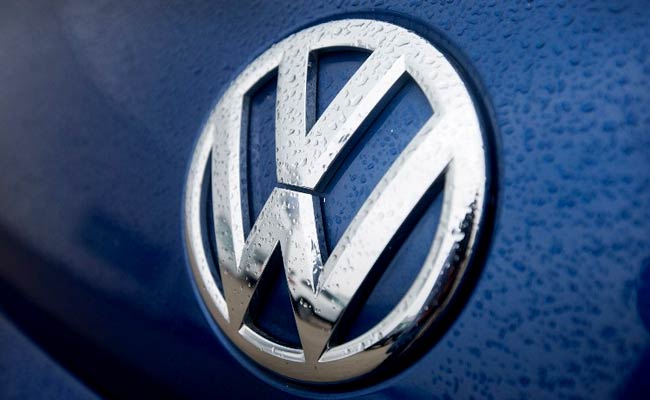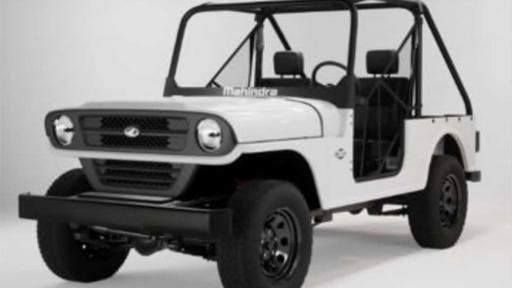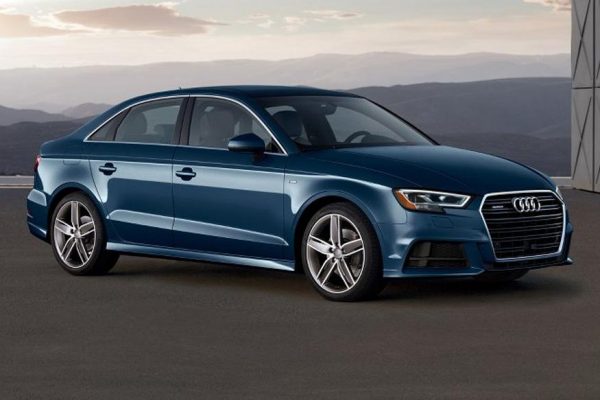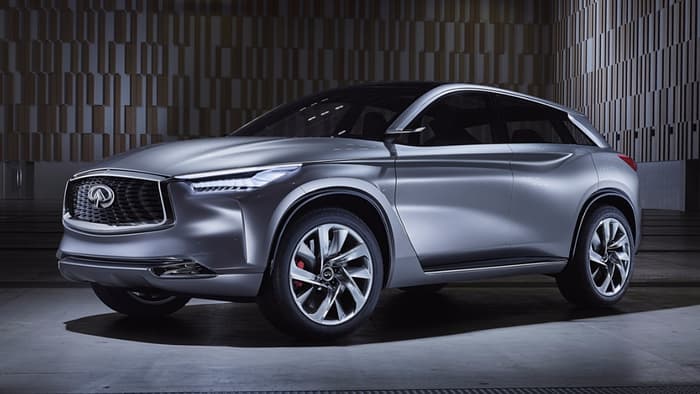Now Reading: Volkswagen Group to spend $11.8 billion to develop, produce China electric vehicles
-
01
Volkswagen Group to spend $11.8 billion to develop, produce China electric vehicles
Volkswagen Group to spend $11.8 billion to develop, produce China electric vehicles
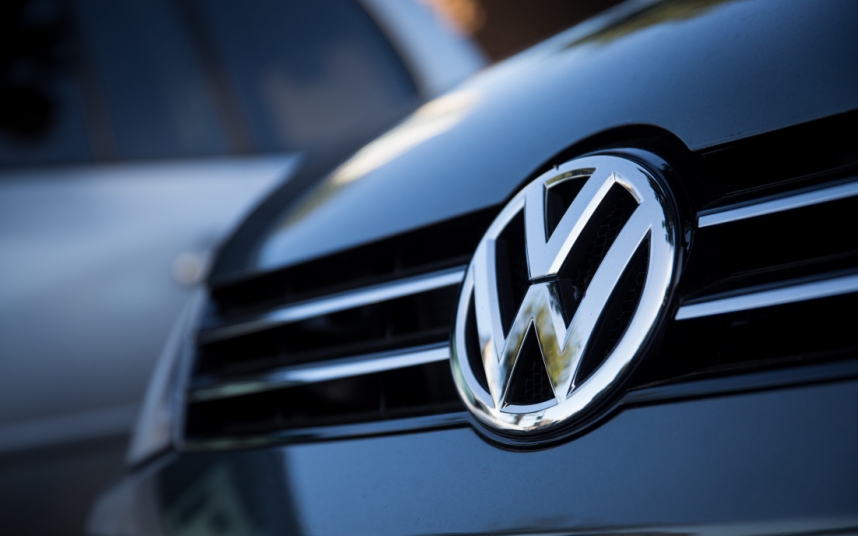
Volkswagen Group stated it prepares to spend 10 billion euros ($11.8 billion) by 2025 to develop and produce all-electric and plug-in hybrid automobiles as it seeks to abide by upcoming strict rules in China.
The group, that includes Volkswagen and Audi, plans to release 15 of the so-called new energy vehicles (NEV) models over the next two to three years, and an extra 25 after 2025, China chief Jochem Heizmann informed Reuters on Thursday.
China’s NEV production and sales quotas, which should be met by 2019, have caused a flurry of electric car offers and new launches as automakers in the country race to guarantee they do not fail. Automakers that do fail will be required to purchase credits.
Volkswagen presently has around 10 NEVs currently on the market in the country, although all are imported models with restricted sales volumes, according to a company spokeswoman.
Heizmann, discussing ahead of the Guangzhou auto show, including that the group is intending to sell 400,000 new energy vehicles annually in China by 2020 and 1.5 million annually by 2025. NEVs means all-electric battery vehicles and greatly electrified plug-in hybrids.
Heizmann stated some of those models will have a 400-600km driving range on a one full charge. By comparison, Tesla Model S has a range of 490km and as much as 632km depending on battery capability, according to the company.
The Volkswagen Group is also confident that its group business and their regional China joint venture partners will be able to create adequate NEV sales volume to account for NEV quotas by 2019, Heizmann stated, including that there will be no necessity to buy credits.
Stay Informed With the Latest & Most Important News
Previous Post
Next Post
-
 01Polestar Boss Says It’s Time To Outrun BMW M And Mercedes-AMG
01Polestar Boss Says It’s Time To Outrun BMW M And Mercedes-AMG -
 02Spy Shots: 2027 Mitsubishi Pajero Spotted in Testing Ahead of Possible U.S. Return
02Spy Shots: 2027 Mitsubishi Pajero Spotted in Testing Ahead of Possible U.S. Return -
 032026 Toyota Hilux EV: A Powerful Truck with Silent Torque
032026 Toyota Hilux EV: A Powerful Truck with Silent Torque -
![2027 Mercedes-Benz S-Class Debuts with V8 Engine [Photo Gallery]](https://speedlux.com/wp-content/uploads/2026/01/2027-Mercedes-Benz-S-Class-33-155x125.jpg) 042027 Mercedes-Benz S-Class Debuts with V8 Engine [Photo Gallery]
042027 Mercedes-Benz S-Class Debuts with V8 Engine [Photo Gallery] -
 052026 Corvette ZR1 Production Surges Past Expectations as Output Clears 1,000 Units
052026 Corvette ZR1 Production Surges Past Expectations as Output Clears 1,000 Units -
 06Spy Photos: VW ID. Polo GTI Goes Electric with 223 HP and 280 Miles of Range
06Spy Photos: VW ID. Polo GTI Goes Electric with 223 HP and 280 Miles of Range -
 07Hyundai Palisade’s Breakout Year Shows How Quickly the Market Can Turn
07Hyundai Palisade’s Breakout Year Shows How Quickly the Market Can Turn



![2027 Mercedes-Benz S-Class Debuts with V8 Engine [Photo Gallery]](https://speedlux.com/wp-content/uploads/2026/01/2027-Mercedes-Benz-S-Class-33-700x394.jpg)





































